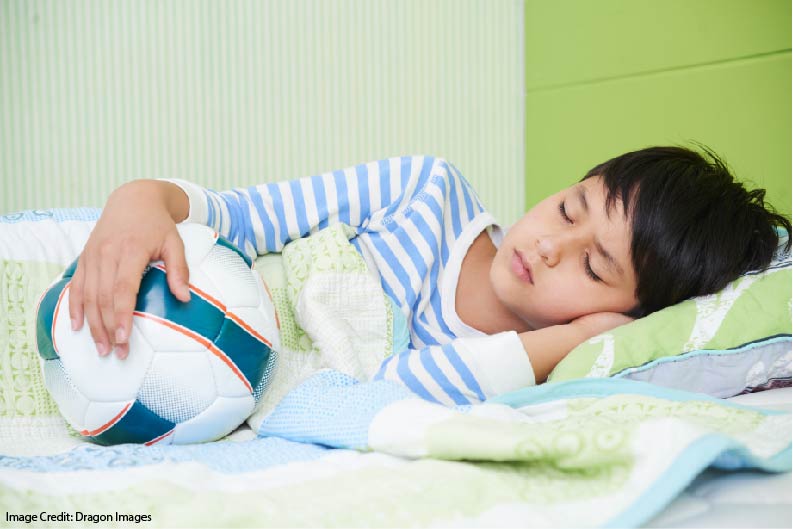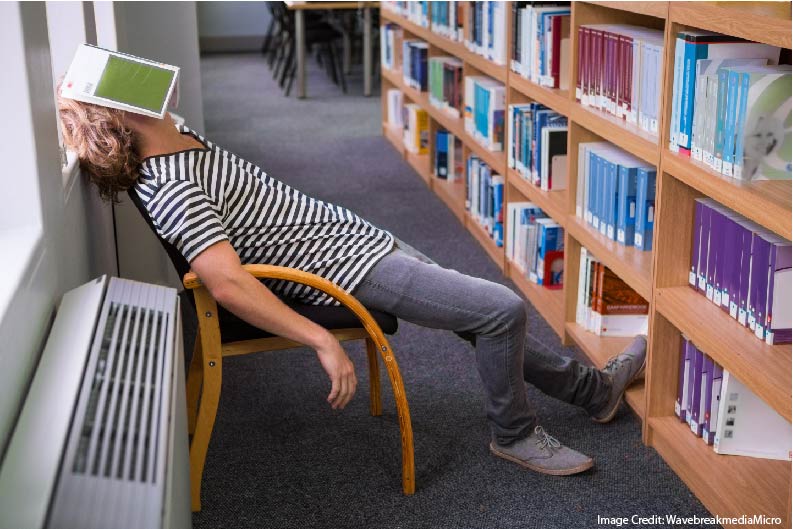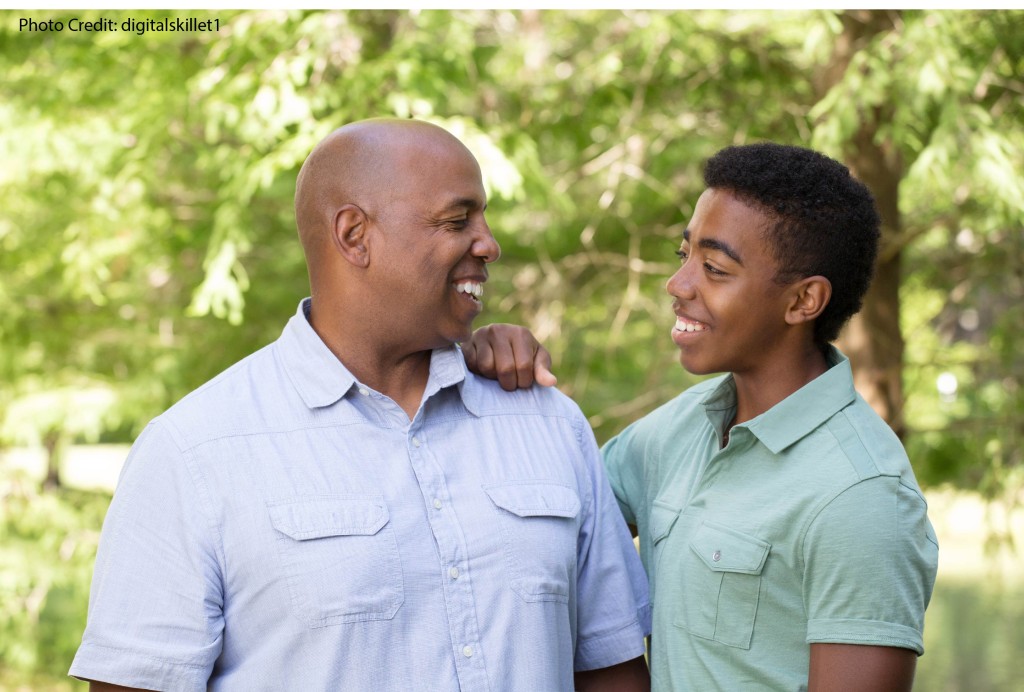You read that right. I mean: it’s really good news about teens and sleep.
We all want adolescents to sleep more. Better said, we know that they need to sleep more.
More sleep should benefit, say, their mental health, their physical health, and their academic performance.
Heck, they should just feel better.
One Obvious Solution
If teens’ biology prompts them to stay awake later and wake up later (it does), then we could help adolescents sleep more by starting high school later.
Although obvious, that solution has two important flaws:
First: we haven’t tested its efficacy.
Second: teens might just stay up later, and thereby rob themselves of the extra sleep we’re trying to provide. We just don’t know. (See previous paragraph.)
Here’s the first part of unambiguously good news: researchers have now tested the solution.
The city of Seattle, Washington delayed high school start times from 7:50 am to 8:45 am. Researchers measured lots of student behaviors both before and after that change. What did they find?
Teens and Sleep: Obvious Solutions Work!
First: students slept more. They got, on average, 34 minutes of extra sleep: from 6 hours 50 minutes to 7 hours and 24 minutes.
Second: they got higher grades. The average among measured students rose from 77.5% to 82%.
(The researchers hesitate to make strong causal claims; something else might account for the better grades. But, it’s a highly plausible hypothesis that extra sleep helped them learn more.)
Third: at one of the two high schools, first-period absences fell. (At the second, the absence rate remained constant.)
The researchers don’t make a strong argument about the reason for this difference. They do note, however, that the improving school has a higher percentage of economically disadvantaged students. Perhaps the combination of early start times and low SES made on-time arrival especially challenging.
Methodology
Part of the unambiguously good news: this study boasts particularly strong methodology.
In particular, it doesn’t rely on student self-reports — as so many sleep studies do. Instead, it asked students to wear a wrist monitor that tracked their activity levels.
Also, it took both pre- and post-change measurements. That is: they didn’t wait until after the change and then start measuring. Instead, they got a solid baseline, and then compared the after-effects to that baseline.
A final note: this article says that other school districts — and even states — are contemplating similar changes. Here’s hoping they follow through. And, here’s hoping that parents support these changes.





















